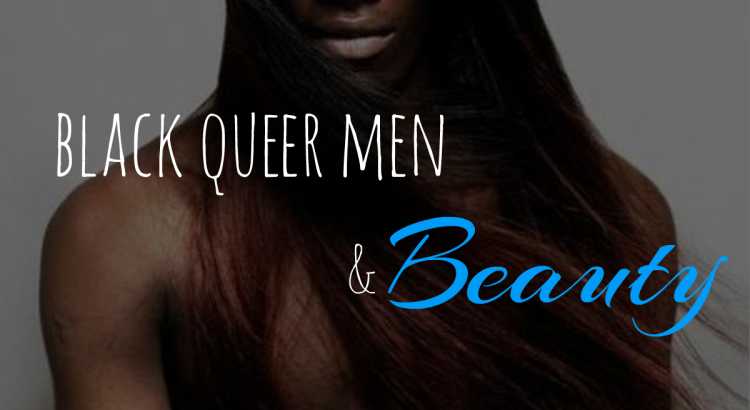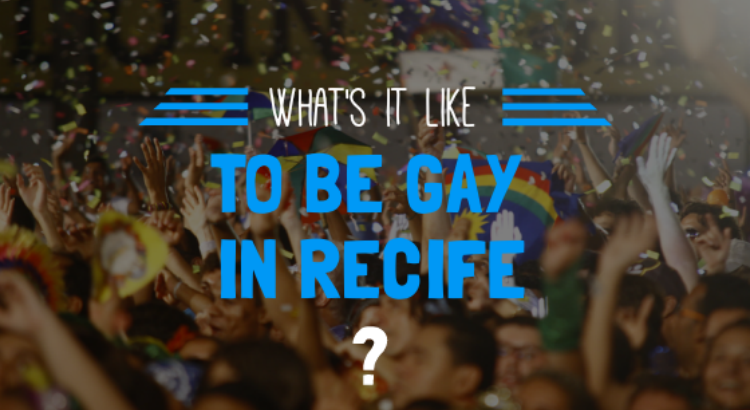Yesterday I conducted a short interview with the awesome ladies of Solutions Not Punishment Coalition (SNaP Co) in Atlanta, Georgia about the upcoming “March 4 the Gurlz” march and rally. Starting on Sunday, March 26 at North Avenue MARTA Station in Atlanta, the march will start at 3pm and will give way to the rally that starts at 4:30pm. [pullquote align=”full” cite=”” link=”” color=”” class=”” size=””]March: NORTH AVE. @ 3pm | Rally: 4:30pm[/pullquote]
We all know that Black trans women are among the most marginalized demographics in the population, and SNaP Co got started some years ago through an initiative to address that in Atlanta. As Kamau Walton, SNaP’s media director, describes it: the goal of SNaP is to discover and rally for actual solutions to problems facing Black and Brown trans women without punishment and criminalization. Another leader of the organization, Jamie Freya, said about the goals of the march and rally: “it’s gonna be a space to heal, to be celebrated, to be affirmed, to be uplifted. That’s what it’s really gonna give immediately.”
It’s extremely important to put your money where your mouth is and walk the talk. We need to stand by our Black trans sisters and listen to their concerns and proposed solutions. If we’re going to be a whole inclusive community, we can’t be dismissive of our most vulnerable. With as much as they contribute to–hell, jumpstart–the life of our queer culture (and mainstream culture if we’re being honest–“slay” being a word your grandma uses?) we must protect them at all costs. Not just because of the cultural and emotional labor they provide, but because we love them and care about them.
If you plan on attending the march and rally, check out SNaP’s Facebook page. If you can’t make it, go donate to their initiatives and work!
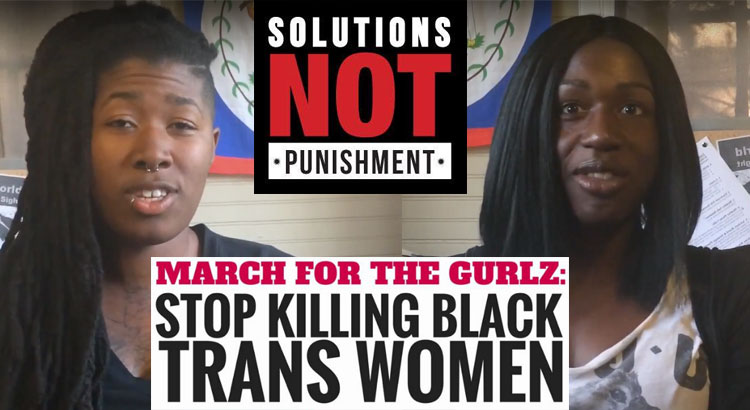
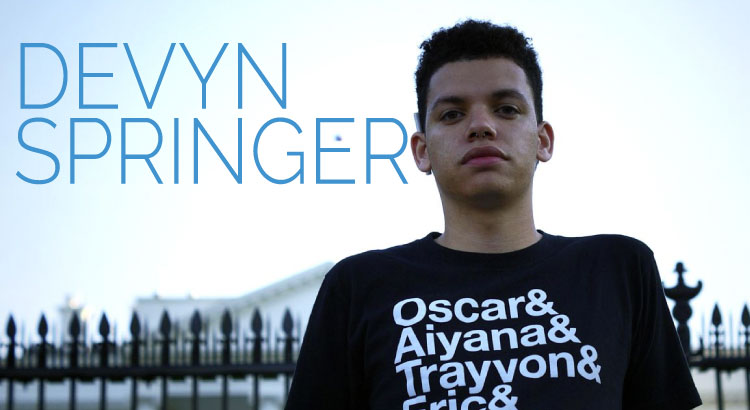
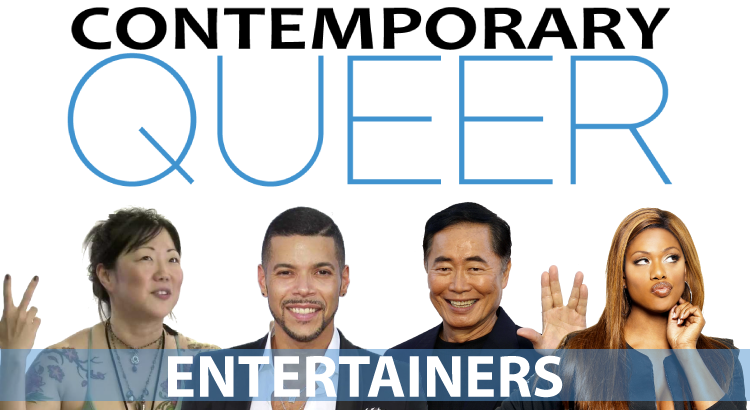
 Laverne Cox became the first openly transgender person to be nominated for Primetime Emmy in acting. Best known for playing Sophia in Orange is the New Black on Netflix, Laverne gained a following online for her trans advocacy and went on to be the first openly transgender person to snatch a cover on TIME Magazine.
Laverne Cox became the first openly transgender person to be nominated for Primetime Emmy in acting. Best known for playing Sophia in Orange is the New Black on Netflix, Laverne gained a following online for her trans advocacy and went on to be the first openly transgender person to snatch a cover on TIME Magazine. 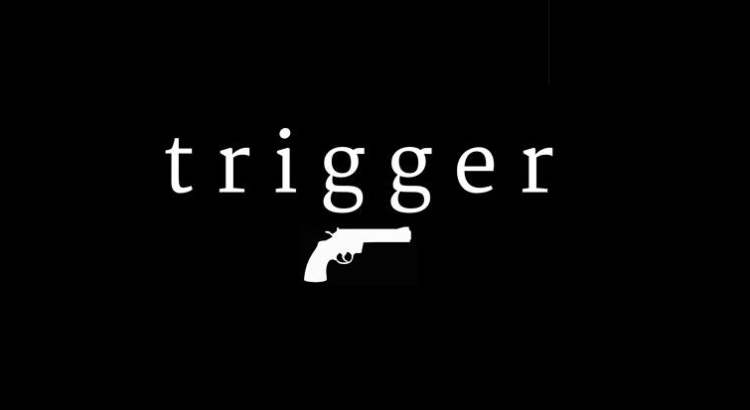
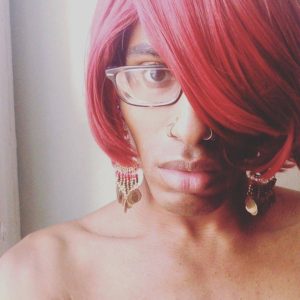 Venus Selenite, DC-based poet and social critic from Baton Rouge, Louisiana and self-described lesbiqueer has been in the poetry circuit since her early to mid teens. So it should come as no shock that she’s harnessed everything she’s learned and experienced to focus it into her debut book of poetry: triger.
Venus Selenite, DC-based poet and social critic from Baton Rouge, Louisiana and self-described lesbiqueer has been in the poetry circuit since her early to mid teens. So it should come as no shock that she’s harnessed everything she’s learned and experienced to focus it into her debut book of poetry: triger.